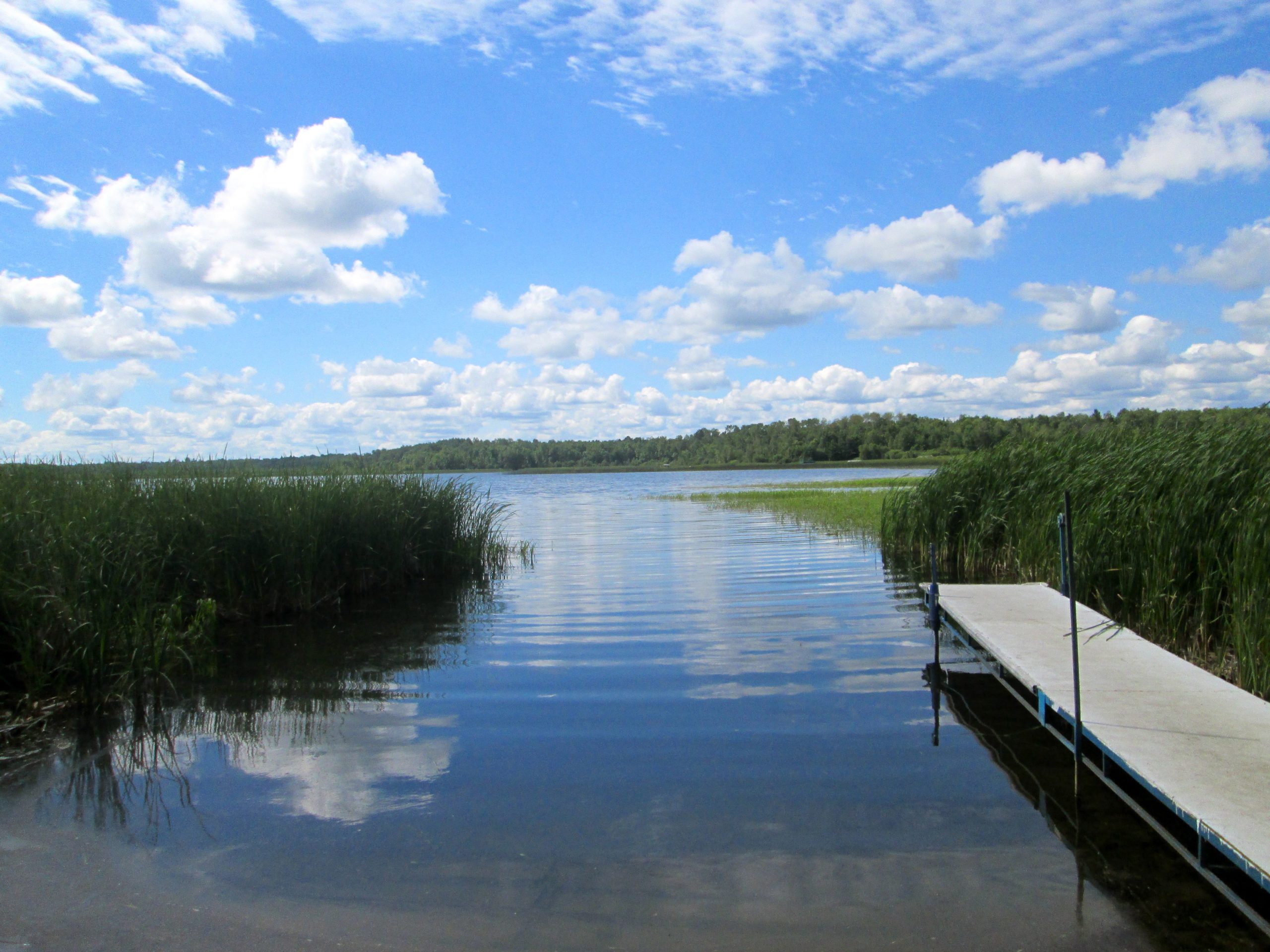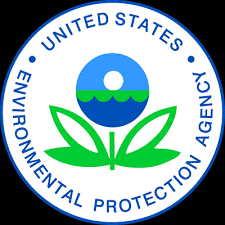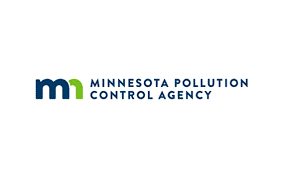 We’ve been hearing from members and friends who are concerned that COVID-19 is being used as a cover to relax environmental standards by the U.S. Environmental Protection Agency (EPA), based on news they are hearing from the Federal level. Minnesotans can take this off their list of growing worries. The State has authority over all but a tiny fraction of the federal environmental regulations within our borders and Minnesota has a reputation, nationally, for responsibly implementing the Clean Water Act regulations.
We’ve been hearing from members and friends who are concerned that COVID-19 is being used as a cover to relax environmental standards by the U.S. Environmental Protection Agency (EPA), based on news they are hearing from the Federal level. Minnesotans can take this off their list of growing worries. The State has authority over all but a tiny fraction of the federal environmental regulations within our borders and Minnesota has a reputation, nationally, for responsibly implementing the Clean Water Act regulations.

Flexibility offered by the Minnesota Pollution Control Agency (MPCA) does not weaken any standards or requirements for water or air quality. What happens in other states may be different, but Minnesota’s flexibility is not “permission to pollute” water or air. Flexibility is commonly offered during disasters or emergencies when communities and businesses are under stress and the usual way of doing things is interrupted. It allows permitted companies to submit air and water quality reports in a more flexible way, for example online or on an altered timeline.

Minnesota’s emergency policy is tighter than the EPA’s, according to MPCA Assistant Commissioner Kirk Koudelka, as reported by the Star Tribune and they require the permit holder to communicate any proposed alternative measures before implementing them.
The MPCA has a 50-year record of taking enforcement action to protect and restore water quality from discharges made by municipal sewage treatment plants and industries. The investments made by the Minnesota Legislature along with the ongoing impact of the 2008 citizen vote to create the Clean Water Fund also put Minnesota in a strong position compared to other states. Our local governments and non-governmental organizations keep a watchful eye on our water and these investments and we are glad that our members do too.